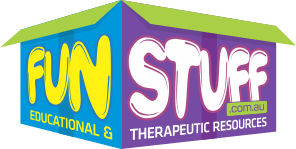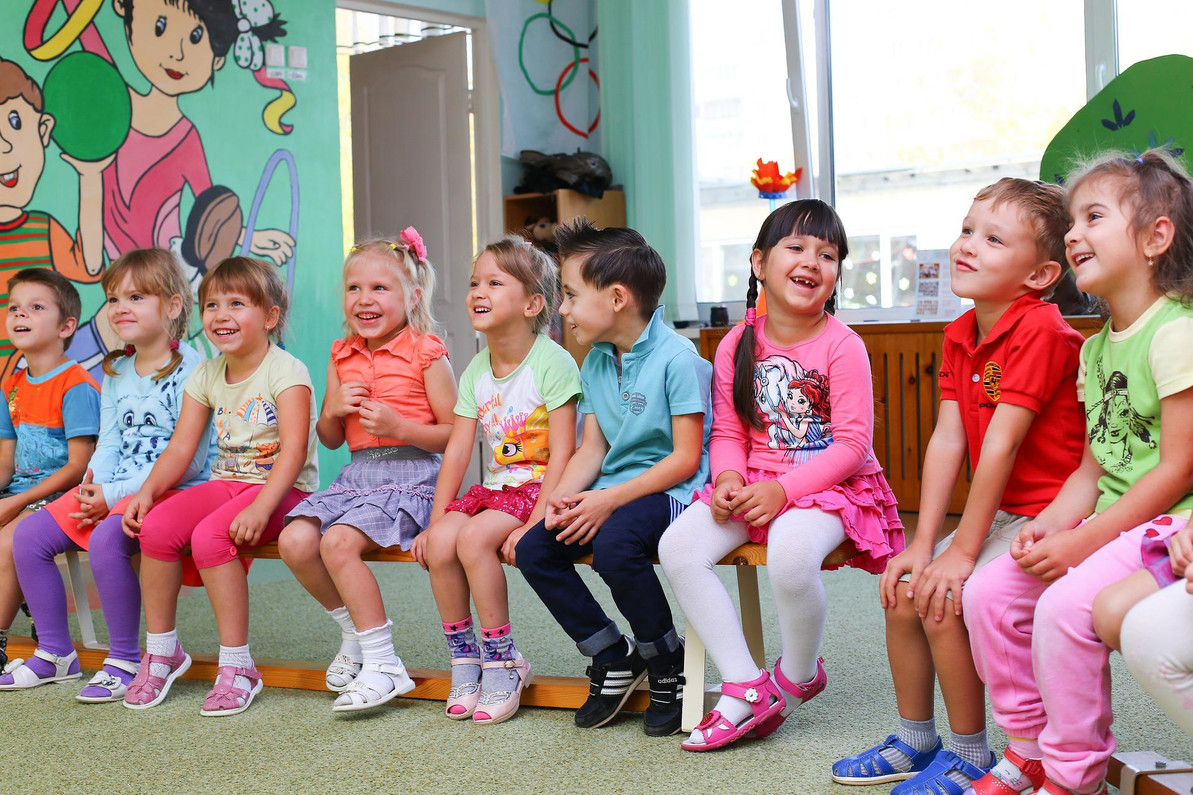Toys to Improve Your Child's Social Skills
Social skills are essential for a child's future success in life - they help children learn how to interact with others, make friends, and communicate effectively. Toys can play an important role in helping your child develop social skills, and in the points below, we'll discuss some of the benefits of social development toys for children, as well as the different types of toys that are best for developing social skills.
How can toys help improve social skills development in children?
Toys can provide children with all kinds of opportunities to practise interacting with others. Through play, children can learn how to share, take turns, and resolve conflicts. Toys that encourage social interaction, such as board games, dolls, and pretend play sets, can be especially beneficial for helping children develop social skills.
In addition to providing opportunities for social interaction, certain types of toys can also help children develop specific social skills. For example, blocks and puzzles can help children practise patience and cooperation, while dress-up clothes and puppets can encourage imagination and creativity. When choosing toys for social skill development, board games, fun decks, Thumballs and flash cards can all do wonders for improving confidence and expanding skillsets in this area.
Browse Fun Stuff’s collection of games and toys specially designed for encouraging social development
Our 6 Social Skills Board Games pack models good social skills and behaviour in regards to morals, manners, empathy, friendship, and showing/managing emotions. Each game supports the development of social and emotional skills and the consolidation of those already learnt.
We also stock a fun and engaging Go Fish: Hooked on Friendship card game that uses the basis of Go Fish to help youngsters improve social and emotional skills in relation to friendship. Players must answer a question before they can accept a requested card, and instead of numbers on the cards they all have fun fish names and pictures!
And finally, the Webber Photo Cards - Emotions game helps children who have difficulty understanding, describing and responding to their feelings, as well as recognising the feelings of others. The deck consists of a variety of photo cards, which pair with other cards in the deck that allow you to teach multiple synonyms for an emotion (i.e. happy can also be cheerful, glad, or elated).
Speak to us
Need assistance? That’s what we’re here for! If you’d like to speak with a friendly member of the professional Fun Stuff team, please don’t hesitate to get in touch and we’ll be happy to assist.
Recent Posts
-
How To Create A Sensory-Friendly Play Space At Home
Designing a supportive environment for children with sensory processing needs doesn’t require …22nd Apr 2025 -
How to Improve a Child’s Impulse Control – Practical Strategies and Engaging Resources
Impulse control is a crucial skill for children, influencing their ability to regulate emotions, mak …24th Mar 2025 -
Unlocking Movement: Understanding Gross Motor Skills in Child Development
From a toddler’s first steps to a child’s ability to run, jump, and climb, gross motor s …28th Feb 2025




